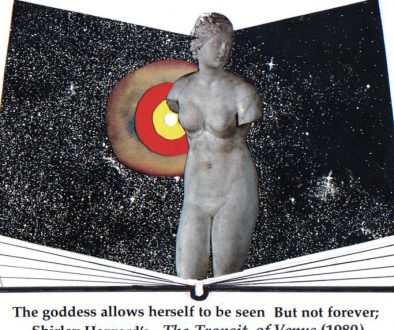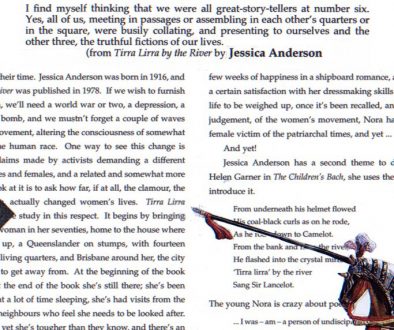2. Strangely humble: The Tree of Man by Patrick White

2. Strangely humble: The Tree of Man by Patrick White
Strangely humble: The Tree of Man by Patrick White:
In Patrick White: A Life David Marr has given us a comprehensive account of the Nobel Prize winner’s life: at the end of the book he describes his subject reading what had been written about him. ‘He confessed he found the book so painful that he often found himself reading through tears. He did not ask me to cut or change a line.’ White, who had spared nobody, least of all himself, in pursuit of what he needed to do, was big enough to grant his biographer the same freedom. This breadth, this acceptance, is something we have learned to expect of the novelist from Marr’s pages; yet we have also been shown White in his tantrums and his way of being unable to restrain himself from thinking that his dramas were central to his time when for those who were not part of his circle, they were nothing of the sort. The public became inclined to think of White, towards the end of his life, as a genius (because people who seemed to know said he was), a generous if somewhat bitter-tongued addressor of public issues, and an egotist of torrential scale. Humility is not a word the public is inclined to fix on White, yet, as we have seen in an earlier essay, White’s pride needed the balance of humility, and frequently had it.
That lifelong, ever-present duality of pride and humility, is not, however, the point from which I wish to start my consideration of The Tree of Man. [read more]



